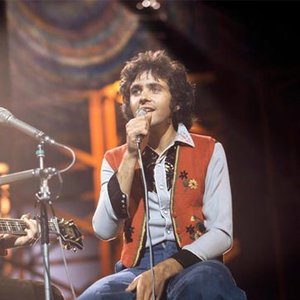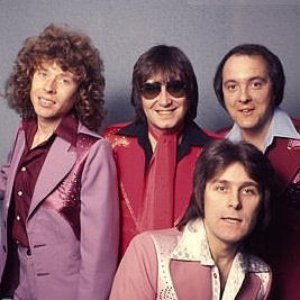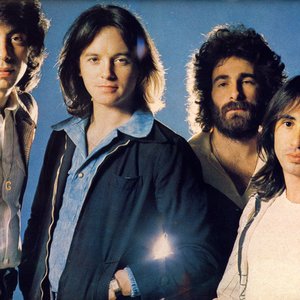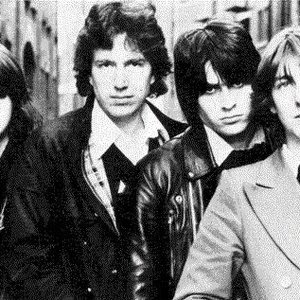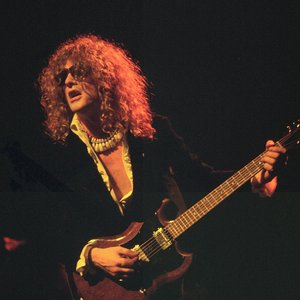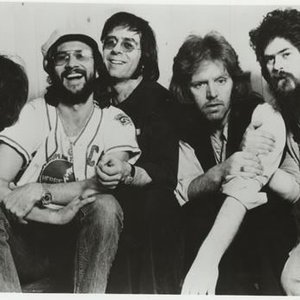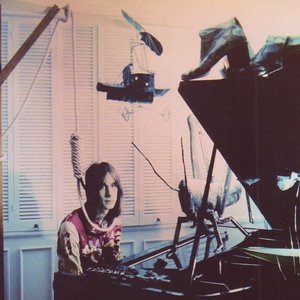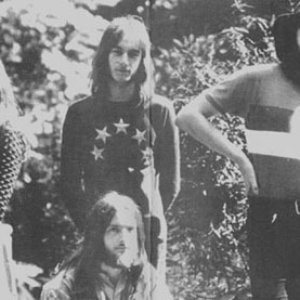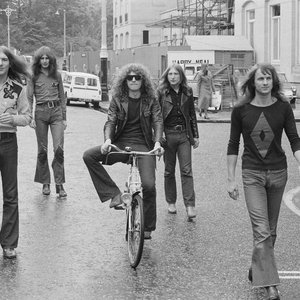Biography
-
Years Active
1972 – 1978 (6 years)
-
Founded In
West Yorkshire, England, United Kingdom
-
Members
- Andy Clark (1975 – 1978)
- Bill Nelson (1972 – 1978)
- Charles Tumahai (1975 – 1978)
- Ian Parkin (1972 – 1974)
- Milton Reame-James (1974 – 1975)
Be Bop Deluxe were formed in the early 1970s in Wakefield, England. Fronted by singer and virtuoso guitarist Bill Nelson, the band went through several albums changing their style of music, with Nelson using newly available technology to create unusual sounds and guitar effects. Be Bop Deluxe's sound ranges from the blues rock influenced early work of 'Axe Victim', to the more electronic based work of 'Drastic Plastic'.
In 1971, guitarist Bill Nelson (William Nelson, 18 December 1948, Wakefield, West Yorkshire, England) recorded the limited edition Northern Dream. Tapes of this collector's item were played by the pioneering disc jockey John Peel on his legendary BBC Radio programme, Top Gear. The line-up of Nelson, Nicholas Chatterton-Dew (drums), Robert Bryan (bass, vocals) and Ian Parkin (d. July 1995; guitar) recorded Axe Victim as BE-BOP DELUXE. Nelson soon disbanded the outfit, and following a tour supporting Cockney Rebel, he formed a new band, taking members from that fragmented unit. This short-lived combo also broke up. With the addition of bass player Charles Tumahai (b. New Zealand, d. 21 December 1995) and drummer Simon Fox, Nelson released Futurama and Sunburst Finish. The latter included a surprise hit single, "Ships In The Night". Nelsons art-school sensibilities and his use of themes from such diverse sources as Jean Cocteau, 1950's sci-fi and the surroundings of his native Yorkshire gave the group a unique character.
Nelson's undeniable talent as a guitarist began to dominate the band and as his technical virtuosity grew, the songs became weaker. Nelson abandoned the name in 1978 for the more radical Bill Nelson's Red Noise, retaining keyboard player Andrew Clark from the old band, although he now records under his own name. During their peak, Be-Bop Deluxe were an exciting and refreshing band who were ultimately unable to find a musical niche that suited their varied styles.
Artist descriptions on Last.fm are editable by everyone. Feel free to contribute!
All user-contributed text on this page is available under the Creative Commons Attribution-ShareAlike License; additional terms may apply.

